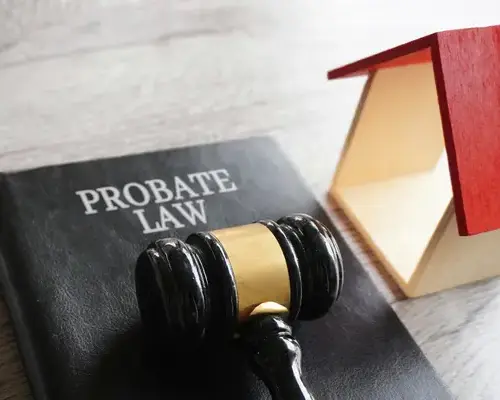
Are you buying real estate? The excitement of buying a new home can be immense. The title is the official document that clearly shows who has legal ownership of a property and many homeowners look forward to the day they officially get the title to their home. However, there are many ways that a title can be held. The options include sole ownership, tenants in common, joint tenancy with right of survivorship, or joint tenancy by the entirety. Each of these options comes with its own benefits and drawbacks. The type of title you’ll hold will depend on your needs and goals. Before selecting the type of title you’ll hold, you may want to consider speaking to a real estate attorney in Orlando, Florida who can review your situation and help you select the best option for you. Legal Counsel, P.A. is a real estate law firm in Florida that can help you explore your options.
Sole Ownership
With sole ownership, only one person holds title to the property. Sole ownership doesn’t grant special tax benefits to the owner, and if the owner passes away, the property would need to go through the probate process to be passed on to heirs. Sole ownership is an option that may be chosen by those who are single, or by those who are married who want to make a clear distinction between community property and separate property in their marriage. Sole ownership might be the best choice for you; however, you may want to speak to a real estate lawyer employed by Legal Counsel, P.A. to understand if this is the best option for you.
Tenancy in Common
Are you buying real estate as an investment? Do you have children from a prior marriage and want to make sure those children inherit the property when you pass away? Tenancy in common is an option. Tenancy in Common is a form for taking title when two or more people buy property and own it together with divisible equal or unequal shares. If any one of the tenants in common dies, his or her interest passes to his or her heirs (not to the remaining joint tenants). This is distinguished from Joint Tenancy which provides for an indivisible share with right of survivorship whereupon when one joint tenant dies title passes to the other joint tenant by operation of law. However, when selecting this option, it is important to understand that a tenant in common can pass his or her interest via a Last Will and Testament to whomever he or she wishes, which means that you could end up co-owning property with someone you don’t know. Furthermore, owners of a property could also petition to force a sale. Before choosing this option, Legal Counsel, P.A. is a real estate law firm in Orlando, Florida that can help you evaluate the risks and benefits of owning a property in common.
Joint Tenancy with Right of Survivorship
Joint tenancy with right of survivorship is similar to tenancy in common, but with joint tenancy each owner’s share in the property is equal, and if one person passes away, the ownership stake in the property passes on to the other tenant. This is the main distinction between Tenants in Common and Joint Tenants With Rights of Survivorship. Joint tenancy can help families avoid probate if one owner of the property passes away. Legal Counsel, P.A. employs a real estate lawyer that can review your situation and help you understand whether this is the best choice given your needs.
Tenants by the Entirety
If you are married and want to share ownership with your spouse, tenancy by the entirety may be another option you have. With this option, you and your spouse co-own the property, and if one of you pass away, the property passes on to the spouse. However, this option only applies if both parties remain married. Are you married and have questions about the best way you and your partner can hold title? Legal Counsel, P.A. is a real estate law firm in Orlando, Florida that can help you.
Buying Real Estate? Have Questions About Deed Vesting?
How you hold title can have a major impact on your tax obligations and on your estate planning. It can also impact whether your real estate is considered community property or separate property in your marriage, an important consideration when it comes to prenuptial agreements and family law matters. Have questions about your title options? Reach out to the real estate attorneys at Legal Counsel, P.A. in Orlando, Florida today. Have questions? We have answers. Contact Legal Counsel, P.A. today at 407-982-4321.














